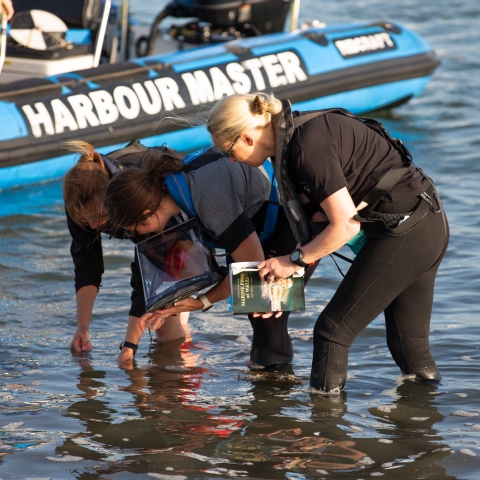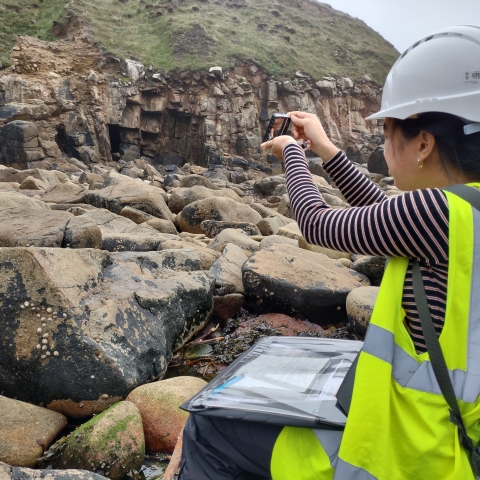
This career guide is designed to help University of Portsmouth students and recent graduates explore job options, key employers, and entry routes into the environmental sector.
Working in the environmental sector covers the natural, built, and human environment. The job opportunities within it are incredibly varied - with roles related to conservation, agriculture, sustainability or climate change to name but a few. Competition in this sector can be fierce – so perseverance and passion are important qualities to have during your job search. However, government policy and investment means job growth in this sector should continue in the coming years.
Explore the Environmental Career Guide
Getting started in the environmental sector
Take the first steps to researching a career in the environmental sector.

Gaining experience in the environmental sector
Find out how to gain work experience in the sector during your studies.

Finding a job in the environmental sector
Explore different ways you can secure employment after you degree.

Enable University alerts
Turn on notifications for critical updates like closures, safety alerts, and urgent service disruptions.






